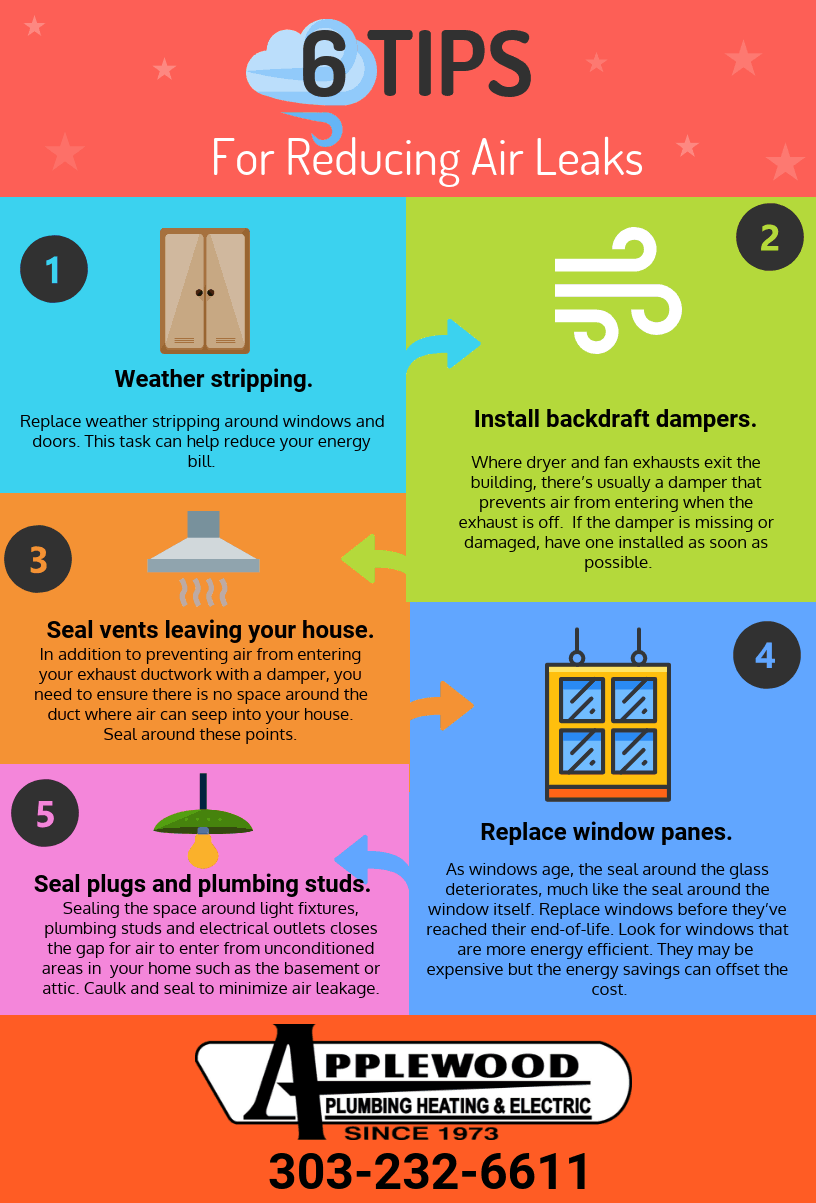Energy-Efficient Windows: Are They Worth The Investment?
Energy-Efficient Windows: Are They Worth The Investment?
Blog Article
Written By-Medlin Nixon
When thinking about home improvements, you might wonder if energy-efficient home windows are worth the investment. Sure, they feature a higher upfront cost, but the possible long-lasting benefits might surpass that first cost. From reduced power expenses to increased convenience, these home windows offer several advantages. Yet are they really the wise choice for your home? Allow's explore what you need to understand prior to deciding.
Advantages of Energy-Efficient Windows
When you invest in energy-efficient windows, you're not simply boosting your home's look; you're also reaping considerable benefits.
These home windows can drastically lower your power costs by reducing warmth loss in winter and maintaining your home cool during summer season. You'll notice an extra constant interior temperature level, making your space much more comfy year-round.
Additionally, energy-efficient home windows usually include UV defense, protecting your furnishings and flooring from fading. They also improve your home's value, making it extra attractive to prospective purchasers.
And also, several energy-efficient home windows get tax obligation debts or discounts, giving you with added financial savings.
In short, this investment settles comfortably, cost savings, and enhanced home worth.
Potential Disadvantages and Factors To Consider
While energy-efficient windows provide various advantages, there are possible disadvantages and considerations you need to remember.
First, the initial expense can be substantially greater than typical home windows, influencing your budget. Setup can additionally be more complicated, requiring experienced specialists, which might lead to additional expenditures.
Furthermore, you may deal with restricted style options or shade selections contrasted to typical windows. It's vital to guarantee your home's structure is compatible with energy-efficient designs, as retrofitting can be pricey and taxing.
Finally, understand that while they reduce energy usage, they might not eliminate drafts or condensation completely.
Consider these variables carefully to identify if the financial investment lines up with your certain requirements and conditions.
Calculating Long-Term Financial Savings
To optimize your financial investment in energy-efficient windows, it's important to compute the lasting cost savings they can give. Begin by evaluating your existing energy bills and estimating just how much you can minimize cooling and heating prices.
Energy-efficient windows decrease power loss, which indicates reduced month-to-month expenses. https://squareblogs.net/young9fran/why-energy-efficient-windows-fail-as-a-result-of-poor-setup can use the Power Star cost savings calculator to establish prospective financial savings based upon your place and window specs.
In addition, think about any readily available tax obligation credit histories or rebates that can offset the first costs. By factoring in these financial savings with time, you'll see that the financial investment not only spends for itself yet also contributes to your home's lasting worth.
Inevitably, recognizing these financial savings helps you make an informed decision.
Final thought
In conclusion, buying energy-efficient home windows is a wise move for your home. While the in advance expense might appear high, the long-term financial savings on power costs, raised convenience, and defense for your home furnishings make it worthwhile. And also, you may also get tax obligation debts and boost your residential property value. By choosing these home windows, you're not only boosting your home yet also adding to an extra lasting future. Commercial Window Replacement 's a win-win for both you and the planet!
